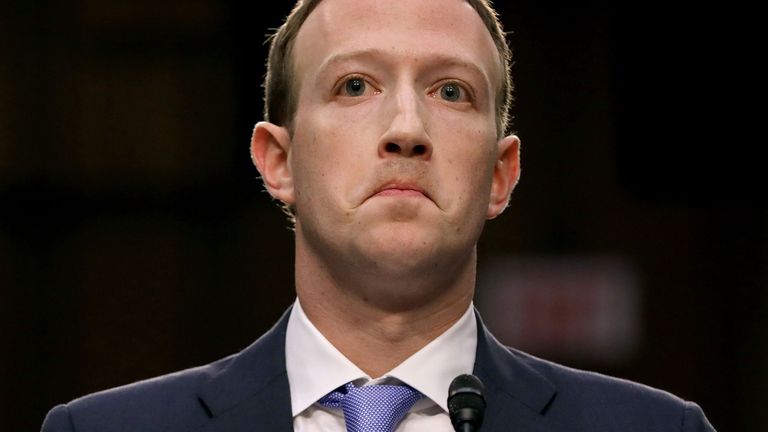A high court sitting in Abuja has reportedly discharged and acquitted Adolphus Wabara, a former senate president, and two others of allegations of bribe for budget levelled against them by the federal government.
Others who were set free by the court are Ibrahim Abdulazeez and John Azuta Mbata.
The judgement was finally delivered 14 years after the suit was filed.
Justice S.E Aladetoyinbo, in his ruling, said the suit lacks witnesses to prosecute the charge.
He explained that the prosecutors in the matter which has been pending since 2005 could not raise witnesses to prosecute the case.
“Since the prosecutor claimed that the witnesses are no more available and this matter had been pending since 2005, the court will grant the request of defence counsel. The three defendants are hereby discharged and acquitted under Section 355 of the Administration of Criminal Justice Act 2015.,” he said.
Two other defendants who were also listed in the suit, Garba Matazu, a former House of Reps member, and Fabian Osuji, minister of education, at the time. The duo were not, however, present in the court.
The suit was filed by the Independent Corrupt Practices and other related offences Commission (ICPC)
Meanwhile the Nigerian Financial Intelligence Unit (NFIUi) vowed to take a tough action and begin man hunt of people facing crimes bordering on money laundering and terrorism financing.
The declaration was made in a statement released by NFIU through its acting chief media analyst, Ahmed Dikko, on Monday, March 25.
The agency vowed to track down the politically exposed person and public office holders through a database capable of tracking their financial transaction.


